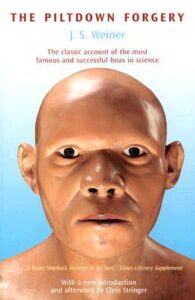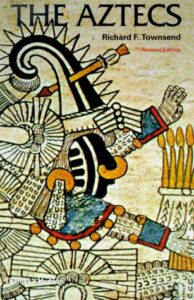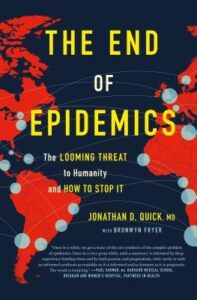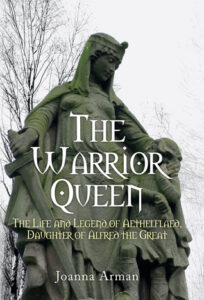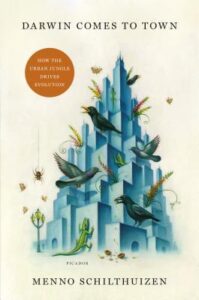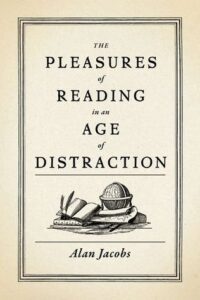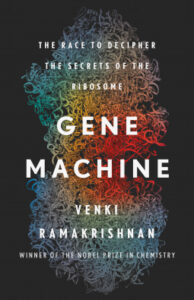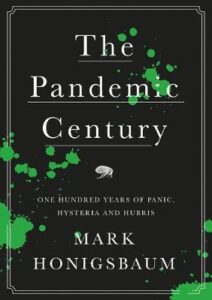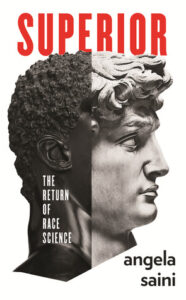 Superior: The Return of Race Science, Angela Saini
Superior: The Return of Race Science, Angela Saini
As a history of race science and an examination of what people have believed about race from a scientific(ish) perspective, Superior is a good book. It gives a good account of where some of the current beliefs come from, and the ups and downs of race science in the wider science community. She’s sharp on the fact that there are journals, people and most especially funds, like the Pioneer Fund, that are deliberately advancing a racist agenda, and they need to be scrutinised.
It doesn’t really engage directly with the science itself, though, which is where it falls down a bit for me: Saini’s opinion on the material is clear, but I feel that I’m being told I should rubbish the data without actually being shown the data. She presents the work of scientists like Cavalli-Sforza as being inherently racist — in this book, it’s racist to track gene frequencies in populations and how they change over time, because… because it just is, darn it! I don’t think we can hide from facts just because they can be used as ammunition by our opponents, and it’s simply a fact that the human race is not homogenous. You’ll find some genes at a high frequency in some populations, and a very low frequency in others. That’s just inevitable unless the human race has always been geographically contiguous, and breeding has been entirely random across the whole geography, with no local clumps of people who are related to one another.
Now, does that actually mean anything? For my money, no. It can tell us things about history and about the pressures on survival/reproduction in past populations, but it doesn’t predict anything much about people now. As Saini does point out, it’s entirely possible that there is more variation between me and another random white British person than between me and someone from Pakistan (as long as you don’t pick someone I’m actually closely related to). Populations of modern humans haven’t ever been isolated long enough to speciate, as proven by the fact that all populations on Earth can readily reproduce. We’re just not that different, though some populations have developed adaptations to local conditions (like pale skin, lactose tolerance in adulthood, and sickle cell anaemia).
But isn’t it better to argue that from data, look right at what the race scientists are saying and refute their claims, than pretend there are no differences between populations at all? I’m pretty confident their data is rubbish, from my own knowledge and experience, but I haven’t been given any of their data by this book. I’ve been told they’re bad and wrong people, I’ve been told what their motives are, but in most cases here I have no real idea of how they’re trying to prove their points or what they’re arguing, except that they’re wrong. Yes, you’ve told me! But why are they wrong? What proof have they presented?
As a history, then, I’m all on board — it’s valuable to see how race science developed, and the motives of the people using it — but don’t file it with the pop science books, because it doesn’t go there. I feel no better qualified to refute the claims of race science than I was before I read it. It makes a moral argument, but (with a couple of exceptions) not a scientific one. I’m still rating it quite highly, because I think it’s a valuable read, and it’s not the book’s fault it’s been marketed as science, but if you actually want to get your teeth into the science, you’ll need to start with the references and go look at the actual sources.
Rating: 4/5
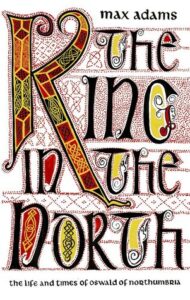 The King in the North, Max Adams
The King in the North, Max Adams
